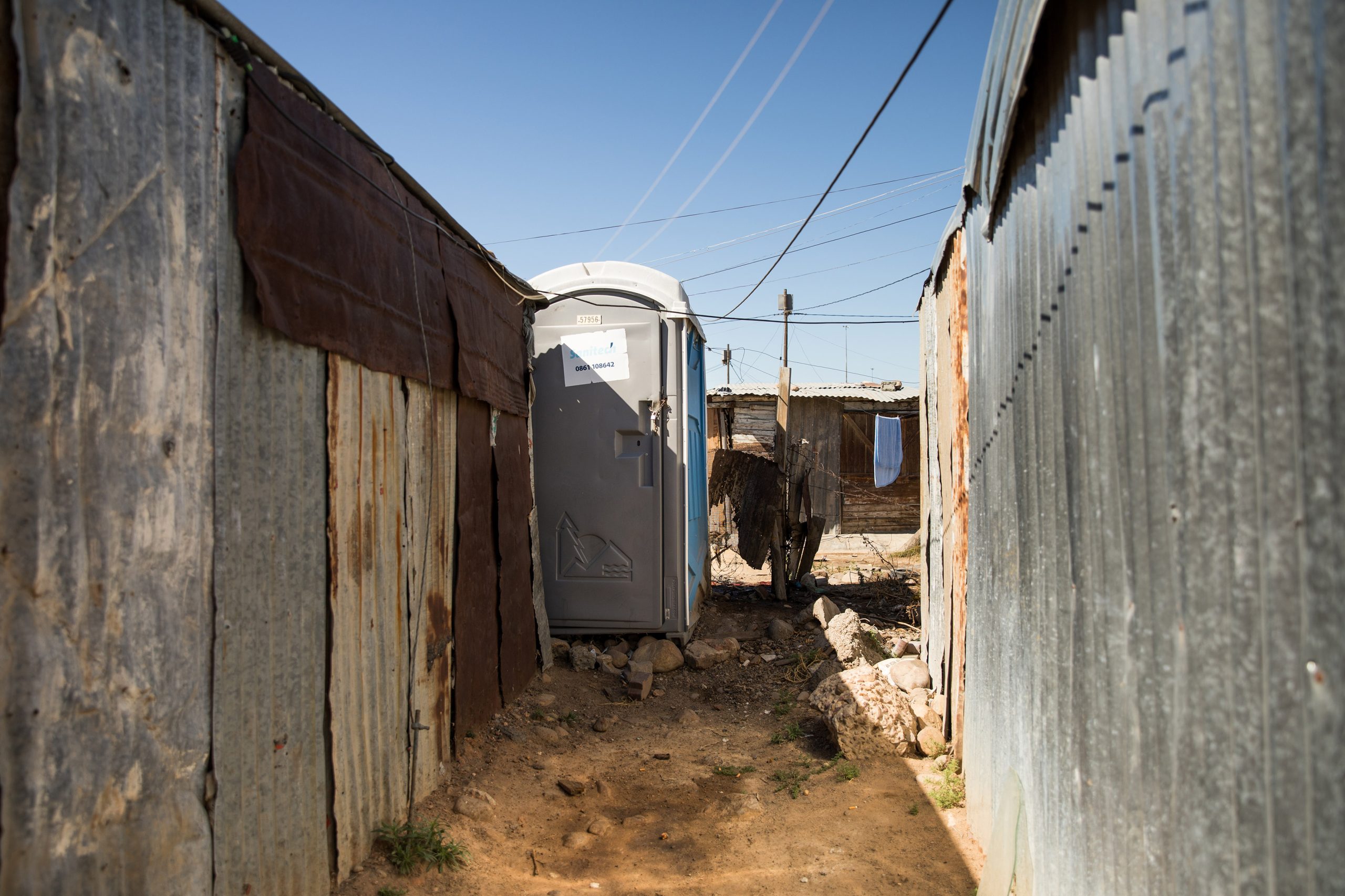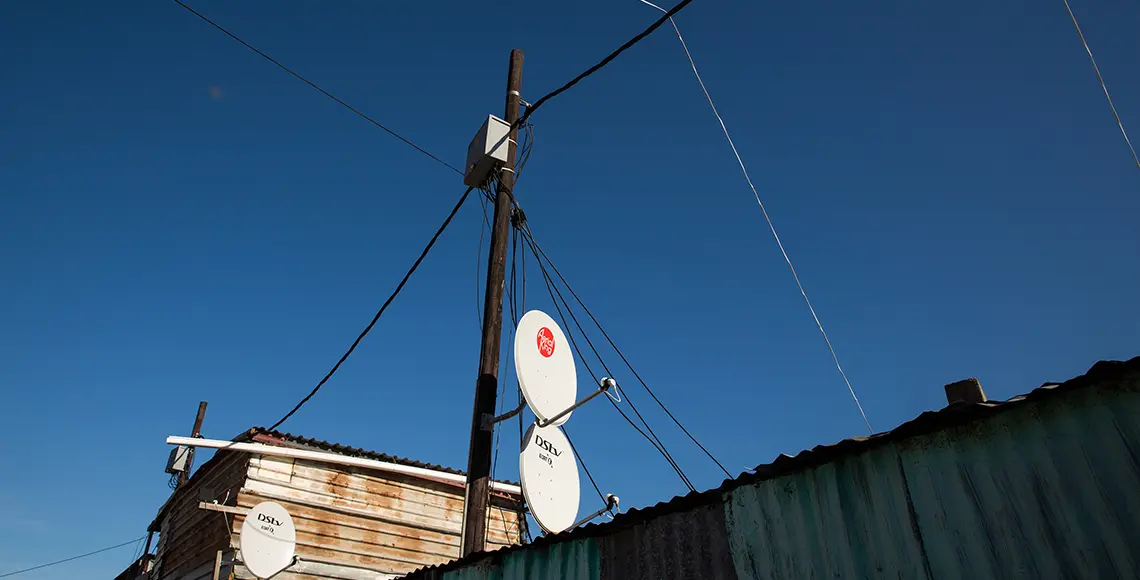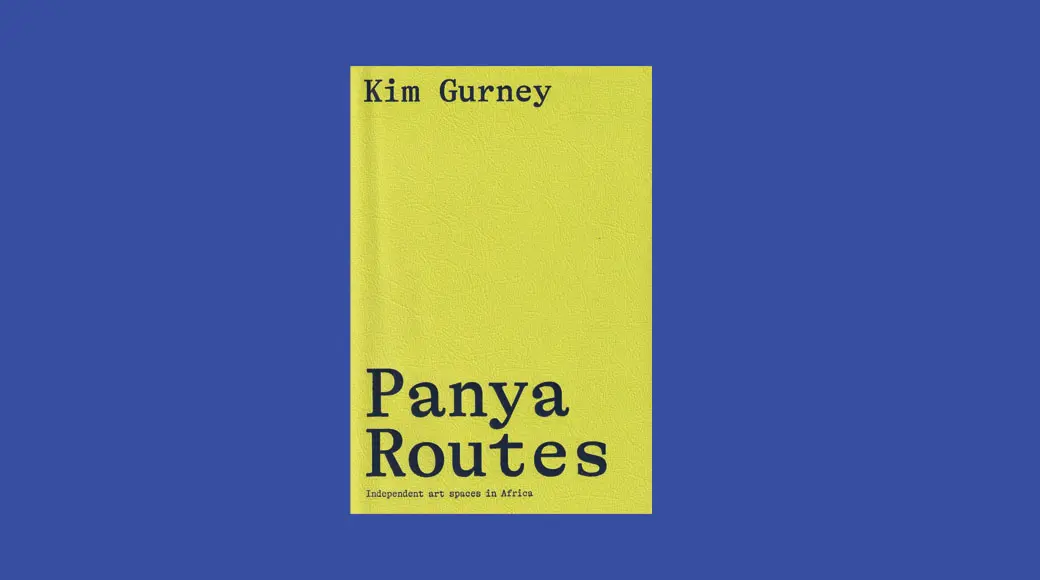ACC Brown Bag – Living Off-Grid: Reflections from Ghana and Zimbabwe
Studio 1, Environmental and Geographical Science Building, Upper Campus, UCTSpeakers: Percy Toriro – University of Zimbabwe and Issahaka Fuseini – University of Ghana Join this discussion between Percy Toriro and Issahaka Fuseini, who will share findings from their work as city partners in the LOGIC (off-grid) project. Percy will engage the theme of ‘Electricity visits us’: the challenges of living with poor infrastructure and services...


